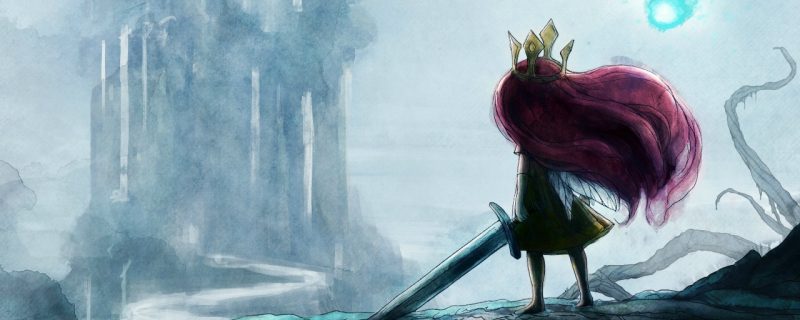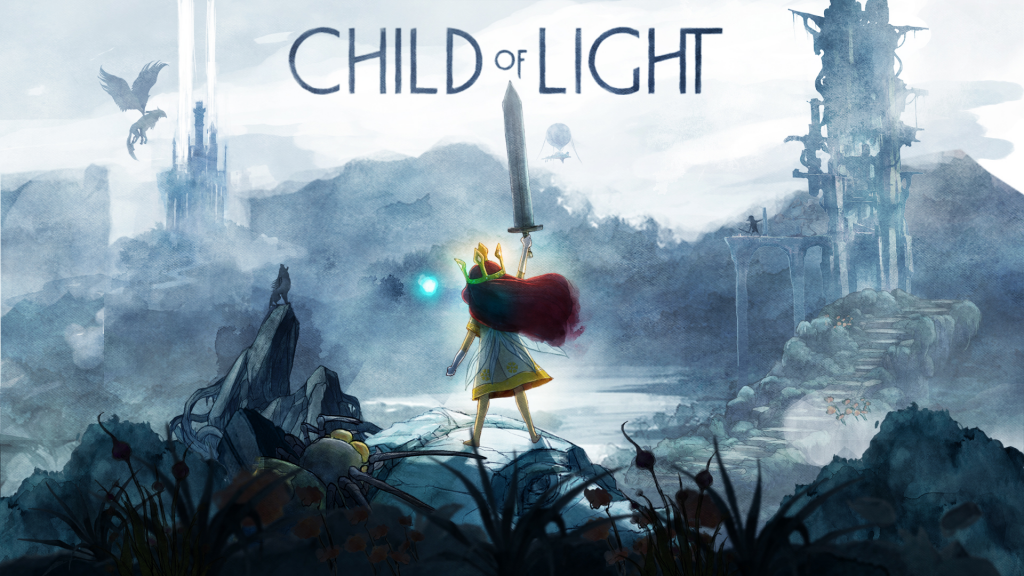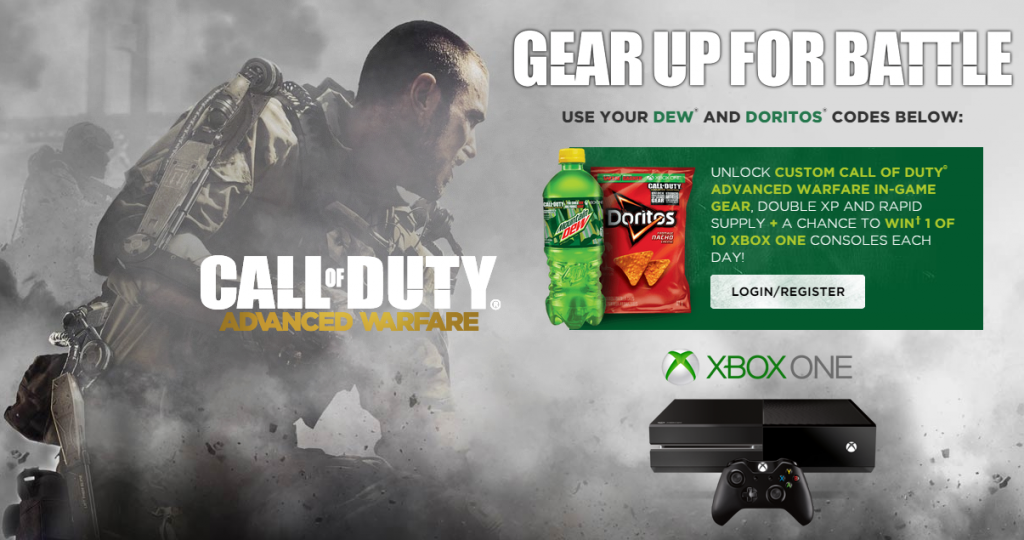
In the last few years, Indie games have managed to take the mainstream by storm. Big events like E3 have special showcases for these usually modest-budget titles, and even the huge publishers, hungry to expand their brand and reach, are on the hunt for a promising indie studio to swallow.
While most of indie titles are not usually moneymakers—though there are exceptions—they have managed to carve out a solid niche and have an overall positive effect on the industry. Not only do they explore nooks and crannies few others approach, they can even inspire the big studios to make smaller indie-like titles, like Ubisoft Montreal’s well-received “Child of Light”.
Though some indie games have managed to break into “triple A” status, Minecraft being the best example, most indie titles will probably never reach that level of success, no matter how much they do right with their development and marketing. The smaller budgets simply won’t allow for that level of hype.
Still, a few interesting tricks allow for the indie’s more limited marketing budget to gain them more attention.
The most obvious of them is to strike a deal with a big publisher. Lining up a sizable budget behind your game while basking in the limelight on the publisher’s stages at events like E3—now that will give you the marketing punch you so much desire. However, going this route puts the independent game status in jeopardy, unless it’s complete or nearly there by the time the deal is struck. So for most cases, this step is either a huge risk or full-on no-no territory.
Marketing is an important step for any and all games, but in the independent scene it differs considerably from how triple A games get the word out. The big boys need only show off their shiny graphics, as we mostly know, for better or worse, what a game is going to be like. For an indie, showing off pure fidelity would rarely work. It’s more important to let people know what exactly the game is about. Aesthetics matter a lot, but it’s gameplay and/or the storyline that keep people hooked. How the game bests its peers, and how its features and atmosphere are unique need to be concisely shown. It is quickly conveying key information, and marketing when the budget is too tight to wow the public with pure cinematography and fidelity, that wins sales.
Another way to familiarize players with your game is to be active on social media, keeping players updated about the progress of your titles. Players seeing where your game is headed might let you know whether it’s for them or not, and having the game pop up in their feed now and again might make them go “oh yeah, that’s coming, cool”.
Steer clear of marketing deals with random companies like “Mountain Dew” as you’ll be labeled a sellout. Big games get away with it because we already know they’re sellouts.
Another important thing is to keep abreast of industry developments. Releasing a game with loot boxes these days and you’ll be getting some good luck wishes from me—but not my money. However, doing something different and interesting is the lifeblood of indie games. While being able to be connected to another popular title could be a good way to get some extra attention, you need to make sure your game is different enough not to be seen as a knock-off. Yeah, AAA titles get away with this, but Indies have less leeway, unfortunately.
Finally, nobody wants to support a greedy over-confident ass. A small team is likely to be more connected to their consumer base and eschew working through a professional PR or support crew. Nonetheless, be humble, or quietly confident as you remember what a fine line it is one walks between arrogance and confidence, and how walking it saves would-be developers from humiliation. If you are an indie dev with a limited budget, relatively small or non-existent fan base, then chances are that if this game fails horribly, so does your entire studio. No pressure at all, right? Just don’t blow it!
Many potentially great indie games get buried just because they try to play with the big boys. That is a very hard battle to win and, at the end of the day, a useless one. Have confidence in your own quirks and strengths, and avoid copying other, more soulless (unfortunately) titles just to play ball in our young art form.
I haven’t quit triple A gaming yet, but I spend a lot more time in indie titles. To my delight, the growth spurt this genre has gone through has given me a fat backlog of amazing titles to work through. Enough about me, though. What are your favorites?




















